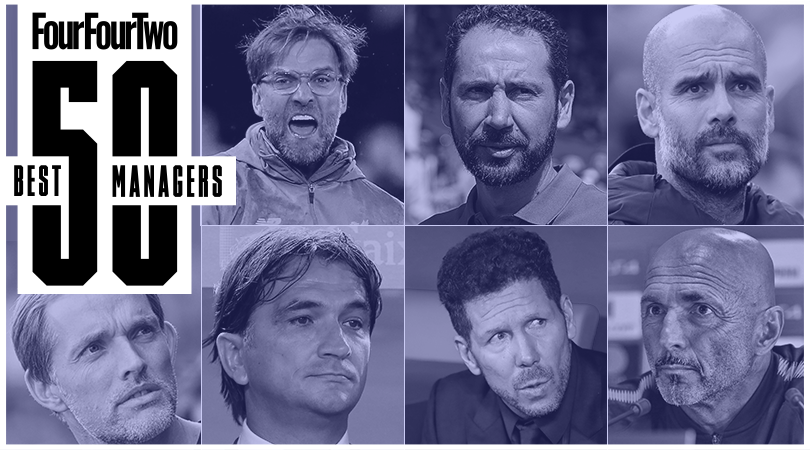The hardest question: what is success in the Premier League now?
You must finish in the top four. You must win a trophy. You must win the title. You. Must. Progress. Or do you? It just doesn’t work like that, writes Daniel Storey...
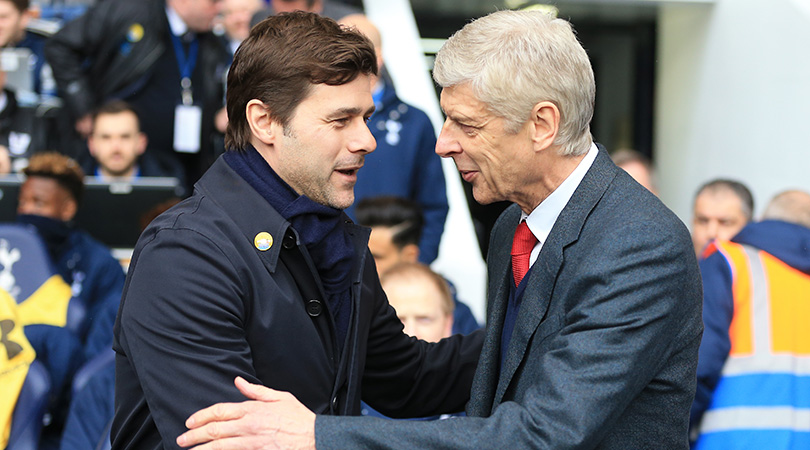
The number of title winners at the top of European football has diminished so much that it feels irreversible.
In Germany, Bayern Munich are stuttering under Niko Kovac but should still win their seventh straight title. In Italy, Juventus will surely win their eighth straight Scudetto. In Ligue 1, Monaco had their seasons in the sun but PSG will make it six titles in seven years. In Spain there are two – yes, two! – giants and one magnificent challenger. Real Madrid and Barcelona have won 13 of the last 14 titles, and seven of the last 10 Champions Leagues just for good measure.
If the Premier League is the antidote to this singular domination, with three teams seemingly vying for this season’s title and three different champions in the last three seasons, that is only the positive spin. Leicester’s extraordinary success against the odds steeled the biggest – and richest – clubs against ever being humiliated in such a way again.
Exclusive group
Manchester City: 2
Liverpool: 0
Chelsea: 2
Arsenal: 2
Tottenham: 3
Manchester United: 8
The Big Six have taken 109 of a possible 126 points against the rest this season, and that’s with Manchester United struggling and dropping eight on their own. If there is stronger competition for the title than elsewhere in Europe, it’s fuelled only by an eye-watering broadcasting deal that makes for many full pockets and happy shoppers. The Premier League contains leagues within leagues, separated by bulletproof glass.
This is a long-term decline in competition, too. Over the last 20 years, eight different clubs have won either the league title or the FA Cup – Manchester United, Arsenal, Chelsea, Manchester City, Liverpool, Leicester, Portsmouth and Wigan. In the 20-year period before that, 11 teams did. And in the 20 years before that, the number of different winners increases to 17.
It’s hardly breaking news, but the formation of the Premier League looked after the teams at the top. That might not be necessarily considered a significant problem – certainly not if you support one of those clubs – but it has warped the notion of success.
The best features, fun and footballing quizzes, straight to your inbox every week.
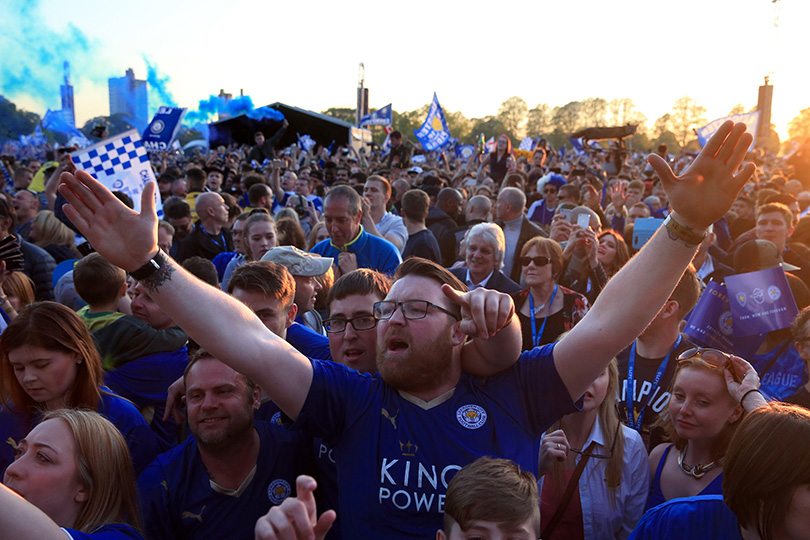
Part of the issue is that success is too often treated as a yes/no question: ‘Are they successful?’ or ‘Has he been a success?’. That may have been permissible 40 years ago, when the playing field wasn’t on a ludicrous slope. But judging success has now become a multi-layered question; one that in some cases has no answer. Which is unhelpful, at a time when knee-jerk conclusions rule.
Where’s the win?
Mauricio Pochettino is a fine example. Last week I wrote a piece in which I concluded that Tottenham’s manager deserves huge praise for even keeping Spurs in touch with the top four.
On Monday evening, Sky Sports’ Monday Night Football reiterated the point. Since Pochettino was appointed, Tottenham have earned the third-most points of any Premier League team. Their net spend on transfer fees is £29m, and they have made only four signings for £20m or more. Manchester City, Chelsea, Liverpool and Manchester United have made 58 between them.
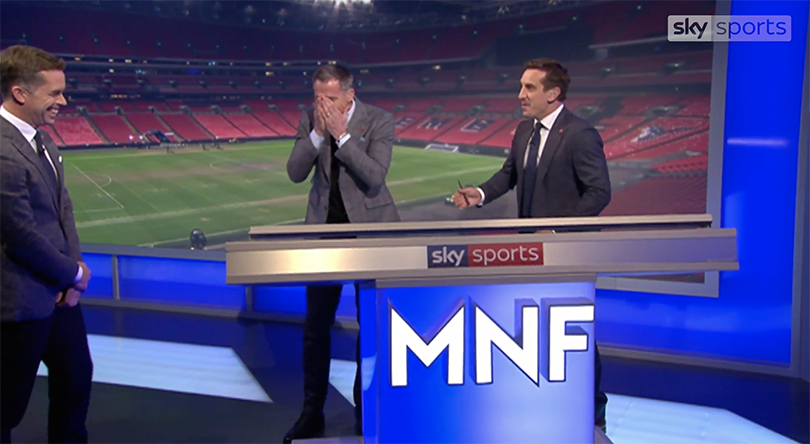
Most of the negative replies to the piece – social media is a harsh reviewer – scoffed at the idea that Pochettino is a success. Even if most of them came from Arsenal supporters who might just have an agenda, they do, even inadvertently, raise interesting questions about the state of English football.
Pochettino has not yet won a trophy as a manager, during two full seasons at Espanyol, one with Southampton and four with Tottenham. It is a black mark, or maybe no mark at all, on his CV. But then if Tottenham win the FA Cup this season and Spurs finish outside the top four, the campaign will be labelled as a failure.
To some supporters, a trophy would be a line in the sand. Others would take the home wins over Real Madrid and Borussia Dortmund over a domestic cup victory in which their rivals made multiple changes and rested players until the final – particularly given that pursuing those competitions would likely harm league performance.
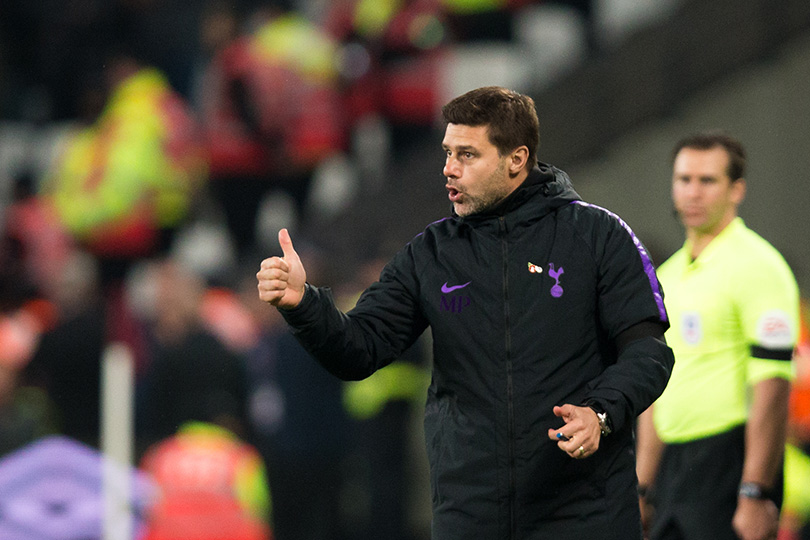
For years, Arsene Wenger kept Arsenal in the top four despite the club’s spending being restricted by the construction of the Emirates Stadium. The accusation from Arsenal fans is that Wenger’s task was overlooked during this mini-era, but that’s not really true – the criticism for Wenger came when Arsenal exited the Champions League in identical, shambolic fashion every year and when their run of top-four finishes eventually came to an end.
Money matters
Now ‘success’ even has an alternative, distasteful definition. List Manchester United’s points totals of the last 12 years in order, and the last five seasons rank seventh, ninth, 10th, 11th and 12th. Their on-pitch performance has undeniably declined. Yet a Guardian report in September read as follows: “The £590m revenue places United ahead of Manchester City as the most successful club in these terms, with the champions’ recently published results showing £500.5m.” As long as the money men are happy...
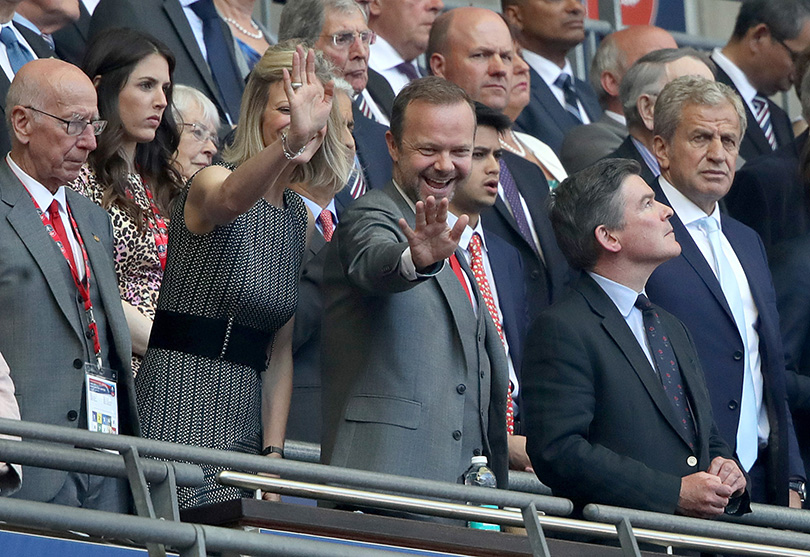
If Wenger’s experience shows one thing, it’s that plateauing is not sexy. If Pep Guardiola retains the Premier League against stiffer competition but fails to win the Champions League this season, the campaign will be sold as a failure.
If Tottenham miss out on top four, the same applies. If Unai Emery fails to take Arsenal back into the Champions League in his first season, questions are asked. If Huddersfield are relegated, some will say David Wagner has lost his mojo. Only by constantly moving forward are you certain of being cherished. Only by doing it quickly do you earn any breathing space.
It is, of course, an impossible task – particularly when managers are asked to do more, against more, with less. Six clubs into four spots don’t go. Not every team can finish seventh, or stay up, or get promoted, or win a domestic trophy.
As our game has changed, so too must our definition and interpretation of success. The general extremism of opinion might lead to everyone being categorised as either a champion or a fraud, but far more nuance is needed. Sometimes, bobbing along is a success in itself.
 Join The Club
Join The Club





